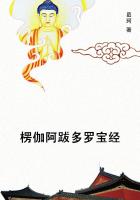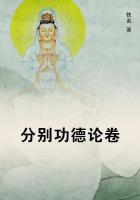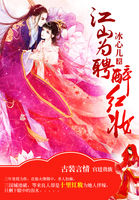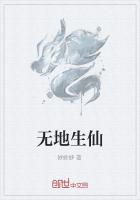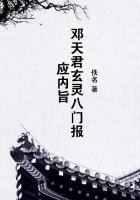This is true both in general and in detail. Courtesy increases, as we travel eastward round the world, coincidently with a decrease in the sense of self. Asia is more courteous than Europe, Europe than America. Particular races show the same concomitance of characteristics. France, the most impersonal nation of Europe, is at the same time the most polite.
Considered a priori, the connection between the two is not far to seek. Impersonality, by lessening the interest in one's self, induces one to take an interest in others. Introspection tends to make of man a solitary animal, the absence of it a social one.
The more impersonal the people, the more will the community supplant the individual in the popular estimation. The type becomes the interesting thing to man, as it always is to nature. Then, as the social desires develop, politeness, being the means to their enjoyment, develops also.
A second omission in Japanese etymology is that of gender. That words should be credited with sex is a verbal anthropomorphism that would seem to a Japanese exquisitely grotesque, if so be that it did not strike him as actually immodest. For the absence of gender is simply symptomatic of a much more vital failing, a disregard of sex.
Originally, as their language bears witness, the Japanese showed a childish reluctance to recognizing sex at all. Usually a single sexless term was held sufficient for a given species, and did duty collectively for both sexes. Only where a consideration of sex thrust itself upon them, beyond the possibility of evasion, did they employ for the male and the female distinctive expressions. The more intimate the relation of the object to man, the more imperative the discriminating name. Hence human beings possessed a fair number of such special appellatives; for a man is a palpably different sort of person from his grandmother, and a mother-in-law from a wife.
But it is noteworthy that the artificial affinities of society were as carefully differentiated as the distinctions due to sex, while ancestral relationships were deemed more important than either.
Animals, though treated individually most humanely, are vouchsafed but scant recognition on the score of sex. With them, both sexes share one common name, and commonly, indeed, this answers quite well enough. In those few instances where sex enters into the question in a manner not to be ignored, particles denoting "male" or "female" are prefixed to the general term. How comparatively rare is the need of such specification can be seen from the way in which, with us, in many species, the name of one sex alone does duty indifferently for both. That of the male is the one usually selected, as in the case of the dog or horse. If, however, it be the female with which man has most to do, she is allowed to bestow her name upon her male partner. Examples of the latter description occur in the use of "cows" for "cattle," and "hens" for "fowls." A Japanese can say only "fowl," defined, if absolutely necessary, as "he-fowl" or "she-fowl."
Now such a slighting of one of the most potent springs of human action, sex, with all that the idea involves, is not due to a pronounced misogynism on the part of these people, but to a much more effective neglect, a great underlying impersonality.
Indifference to woman is but included in a much more general indifference to mankind. The fact becomes all the more evident when we descend from sex to gender. That Father Ocean does not, in their verbal imagery, embrace Mother Earth, with that subtle suggestion of humanity which in Aryan speech the gender of the nouns hints without expressing, is not due to any lack of poesy in the Far Oriental speaker, but to the essential impersonality of his mind, embodied now in the very character of the words he uses. A Japanese noun is a crystallized concept, handed down unchanged from the childhood of the Japanese race. So primitive a conception does it represent that it is neither a total nor a partial symbol, but rather the outcome of a first vague generality. The word "man," for instance, means to them not one man, still less mankind, but that indefinite idea which struggles for embodiment in the utterance of the infant.
It represents not a person, but a thing, a material fact quite innocent of gender. This early state of semi-consciousness the Japanese never outgrew. The world continued to present itself to their minds as a collection of things. Nor did their subsequent Chinese education change their view. Buddhism simply infused all things with the one universal spirit.
As to inanimate objects, the idea of supposing sex where there is not even life is altogether too fanciful a notion for the Far Eastern mind.
Impersonality first fashioned the nouns, and then the nouns, by their very impersonality, helped keep impersonal the thought and fettered fancy. All those temptings to poesy which to the Aryan imagination lie latent in the sex with which his forefathers humanized their words, never stir the Tartar nor the Chinese soul.
They feel the poetry of nature as much as, indeed much more than, we; but it is a poetry unassociated with man. And this, too, curiously enough, in spite of the fact that to explain the cosmos the Chinamen invented, or perhaps only adapted, a singularly sexual philosophy. For possibly, like some other portions of their intellectual wealth, they stole it from India. The Chinese conception of the origin of the world is based on the idea of sex.

